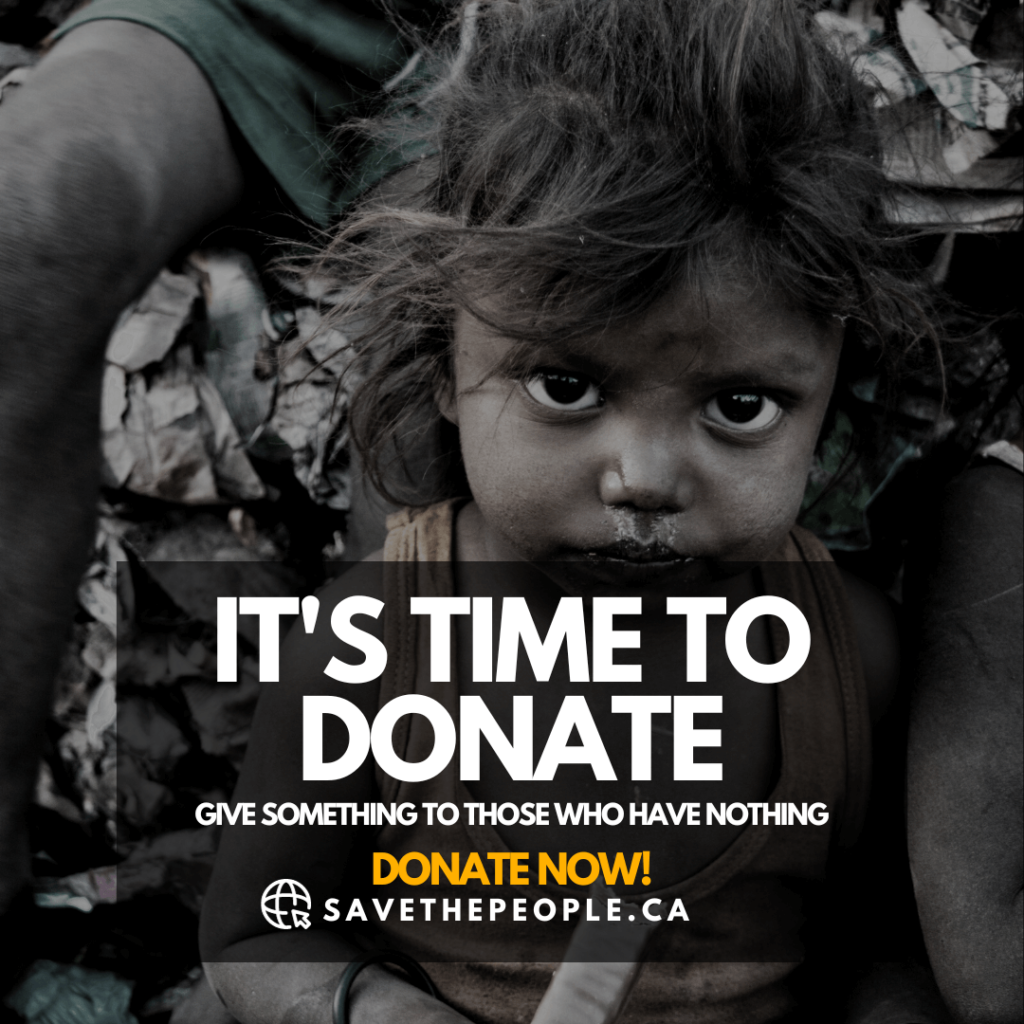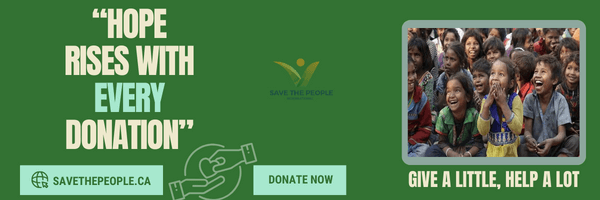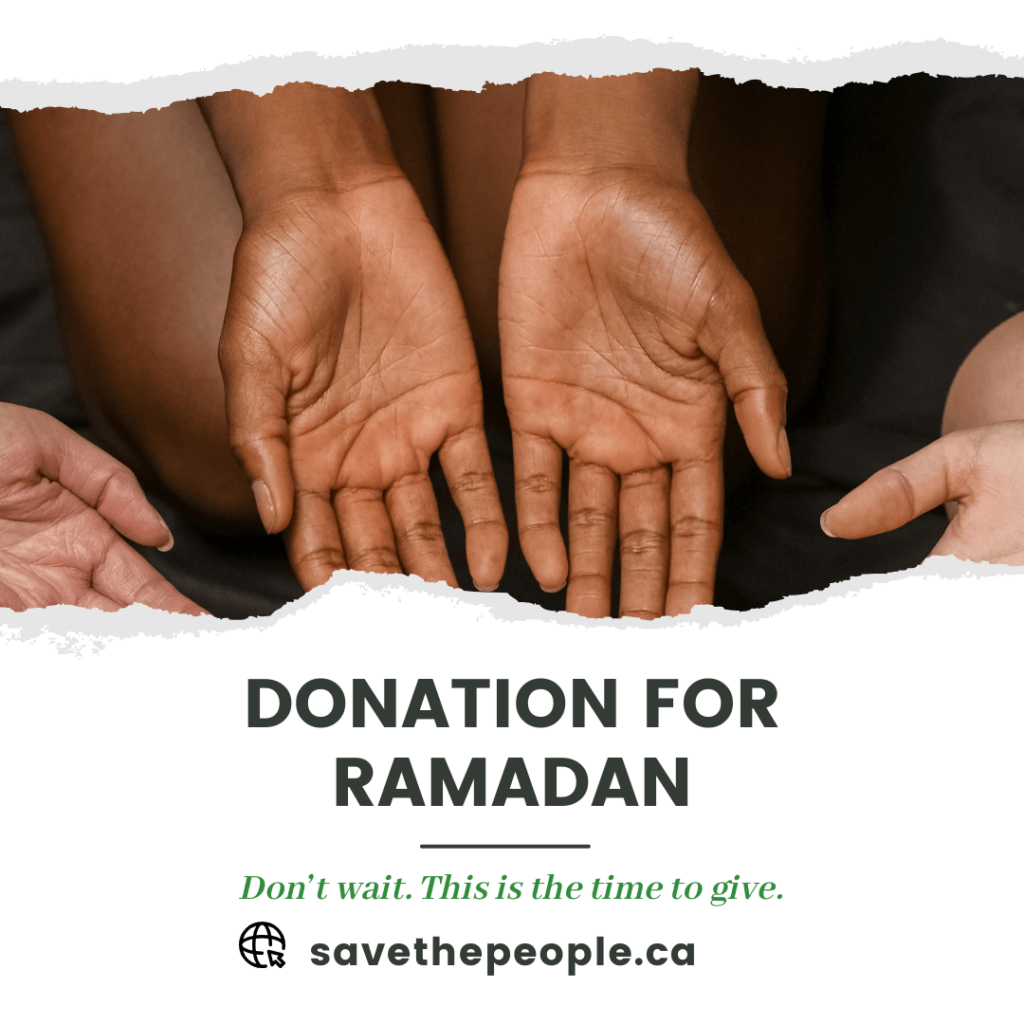Donation for Ramadan: The Power of Collective Giving
As the holy month of Ramadan approaches, Muslims around the world prepare for a period of fasting, prayer, reflection, and self-improvement. However, Ramadan is not only a time for personal spiritual growth but also a time for giving and charity. Donation for Ramadan holds a special place in the hearts of Muslims, as it allows individuals to share their blessings with those in need. In this blog post, we will explore the significance of donations during Ramadan, their impact on individuals and communities, the various types of donations, and how to make informed choices when contributing to charitable causes.
The Importance of Donations During Ramadan:
Ramadan is a time of heightened spirituality and empathy. Muslims believe it is a time when the Quran, the holy book of Islam, was first revealed to the Prophet Muhammad. Fasting from sunrise to sunset is one of the Five Pillars of Islam, and it serves as a reminder of the suffering of the less fortunate and the importance of gratitude for one’s blessings.
Donating for Ramadan is not just encouraged but considered a fundamental aspect of a Muslim’s faith and practice. It exemplifies the concept of “Zakat,” which means giving to those in need and is one of the Five Pillars of Islam. Through Zakat, Muslims are obligated to give a portion of their wealth, typically 2.5% of their savings, to those less fortunate. This act of charity purifies one’s wealth and strengthens the bond of compassion within the community.
Impact of Donations on Individuals and Communities:
The act of donation for Ramadan has a profound impact on both individuals and communities. On a personal level, it fosters a sense of empathy, humility, and gratitude. It reminds individuals of the value of sharing and the importance of caring for those who are less fortunate. Moreover, it serves as a means of seeking forgiveness and purification of one’s wealth.
In communities, Ramadan charity have the power to transform lives. They provide essential support to marginalized individuals and families who struggle to meet their basic needs. These donations can alleviate hunger, provide clean water, and offer access to education and healthcare. Furthermore, collective giving during Ramadan strengthens the bonds within the community, fostering a sense of solidarity and unity among its members.

Types of Donations During Ramadan:
There are various ways to donate during Ramadan, allowing individuals to choose the method that aligns with their resources and preferences. Some common forms of donations during this sacred month include:
Zakat: As mentioned earlier, Zakat is an obligatory form of charity for Muslims. It involves giving a portion of one’s wealth to the needy, typically calculated as 2.5% of savings and investments.
Sadaqah: Sadaqah refers to voluntary acts of charity. While Zakat has specific guidelines and recipients, Sadaqah is given freely to support various charitable causes. It can take the form of money, food, or even acts of kindness.
Iftar Sponsorship: Many individuals and organizations sponsor Iftar meals (the meal to break the fast at sunset) for those in need. This ensures that people who may not have the means to prepare a meal can enjoy a nutritious and fulfilling dinner.
Donating to Specific Causes: Some people choose to support specific causes such as providing clean water, education, healthcare, or shelter to those in need. These targeted donations can have a lasting impact on communities.
Choosing a Reputable Charity Organization:
When making donation for Ramadan, it’s essential to ensure that your contributions reach those in need effectively and efficiently. Here are some steps to help you choose a reputable charity organization.
Research: Conduct thorough research to identify reputable charitable organizations that align with your values and priorities. Look for organizations with a track record of transparency and accountability.
Check Credentials: Verify the organization’s credentials, including its registration status and financial transparency. Reputable charities often provide detailed financial reports on how donations are used.
Read Reviews: Look for reviews and testimonials from donors and beneficiaries. This can give you insights into the impact of the organization’s work.
Contact the Organization: Reach out to the charity directly to ask questions about their programs, how they use donations, and the communities they serve.

Researching and Selecting Causes to Support:
Once you’ve identified a reputable charity organization, the next step is to choose the specific causes or projects you want to support. Consider the following factors:
Passion and Interest: Select causes that resonate with your values and passions. Your donations will have a more significant impact when you genuinely care about the cause.
Local vs. Global: Decide whether you want to support local or international initiatives. Both options have their merits, and your choice may depend on personal preferences and the impact you want to make.
Urgency: Assess the urgency of the cause. Some issues, such as disaster relief or hunger, require immediate attention, while others may involve long-term projects like education or healthcare.
Measurable Impact: Look for organizations that provide data and metrics to measure the impact of their projects. This allows you to see the tangible results of your contributions.
Researching and Selecting Causes to Support:
Donating during Ramadan has never been easier, thanks to modern technology. Here are some convenient ways to contribute to charitable causes:
Online Donations: Many charitable organizations have websites that accept online donations. You can securely donate from the comfort of your home using a credit or debit card.
Mobile Apps: Some charities have dedicated mobile apps that facilitate donations and provide updates on their projects.
Bank Transfers: You can transfer funds directly from your bank account to the charity’s account using online banking services.
Donation Drives: Participate in donation drives organized by mosques, community centers, or charitable organizations. These events often collect various items, including food, clothing, and school supplies.
Researching and Selecting Causes to Support:
To maximize the impact of your donation for Ramadan, consider the following strategies:
Regular Giving: Commit to regular monthly donations to provide ongoing support to charitable organizations.
Sponsorship: Consider sponsoring a child’s education or a family’s basic needs on a long-term basis.
Fundraising Challenges: Organize or participate in fundraising challenges or events to encourage others to donate as well.
Corporate Matching: Check if your employer offers a donation matching program, which can double the impact of your contribution.
Inspiring Stories of How Donations Have Made a Difference:
The power of donation for Ramadan is beautifully exemplified through inspiring stories of transformation and hope. Here are a few heartwarming examples:
Education Empowerment: A young girl in a remote village was given the opportunity to receive an education through a scholarship funded by Ramadan donations. She later went on to become the first person in her family to graduate from college and is now working as a teacher, inspiring generations to come.
Emergency Relief: When a natural disaster struck, a relief organization quickly mobilized resources, providing shelter, food, and medical assistance to affected communities. Through the generosity of Ramadan donors, these families were able to rebuild their lives.
Clean Water Access: Donations for Ramadan funded the construction of water wells in drought-stricken areas, providing clean and safe drinking water to thousands of people. This not only improved their health but also enhanced their overall quality of life.
Inspiring Stories of How Donations Have Made a Difference:
The power of donation for Ramadan is beautifully exemplified through inspiring stories of transformation and hope. Here are a few heartwarming examples:
Education Empowerment: A young girl in a remote village was given the opportunity to receive an education through a scholarship funded by donations for Ramadan. She later went on to become the first person in her family to graduate from college and is now working as a teacher, inspiring generations to come.
Emergency Relief: When a natural disaster struck, a relief organization quickly mobilized resources, providing shelter, food, and medical assistance to affected communities. Through the generosity of Ramadan donors, these families were able to rebuild their lives.
Clean Water Access: Donations during Ramadan funded the construction of water wells in drought-stricken areas, providing clean and safe drinking water to thousands of people. This not only improved their health but also enhanced their overall quality of life.
The Power of Collective Giving During Ramadan:
Donation for Ramadan is a powerful expression of compassion, empathy, and solidarity. It’s a time when individuals come together to make a meaningful impact on the lives of those less fortunate. By choosing reputable charity organizations, researching and selecting causes that resonate with you, and maximizing the impact of your donation, you can be a part of this collective effort to create positive change in the world.
At Save the People International, we believe in the transformative power of collective giving during donations for Ramadan. Through your support, we can continue to make a difference in the lives of those in need, providing hope, dignity, and a brighter future. Together, we can create a world where compassion knows no bounds, and every act of kindness counts. Donation for Ramadan and be a beacon of light in someone’s life today. For more information visit our Facebook page.



